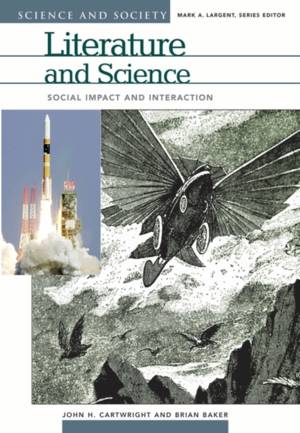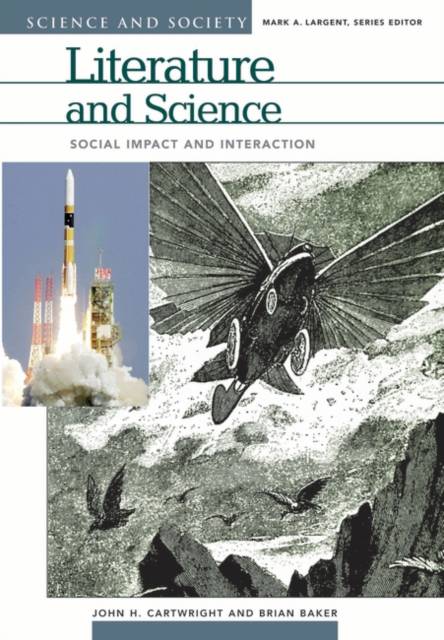
- Retrait gratuit dans votre magasin Club
- 7.000.000 titres dans notre catalogue
- Payer en toute sécurité
- Toujours un magasin près de chez vous
- Retrait gratuit dans votre magasin Club
- 7.000.0000 titres dans notre catalogue
- Payer en toute sécurité
- Toujours un magasin près de chez vous
154,45 €
+ 308 points
Description
A survey of the interaction between science and Anglo-American literature from the late medieval period to the 20th century, examining how authors, thinkers, and philosophers have viewed science in literary texts, and used science as a window to the future.
Spanning six centuries, this survey of the interplay between science and literature in the West begins with Chaucer's Treatise on the Astrolabe and includes commentary on key trends in contemporary literature. Beginning with the birth of science fiction, the authors examine the works of H. G. Wells and Jules Verne as well as Mary Shelley's Frankenstein within the context of a wider analysis of the impact of major historical developments like the Renaissance, the scientific revolution, the Enlightenment, and Romanticism. The book balances readings of literature with explanations of the impact of key scientific ideas. Focusing primarily on British and American literature, the book also takes an informed but accessible approach to the history of science, with seminal scientific works discussed in a critical rather than overly theoretical manner.Spécifications
Parties prenantes
- Auteur(s) :
- Editeur:
Contenu
- Nombre de pages :
- 496
- Langue:
- Anglais
- Collection :
Caractéristiques
- EAN:
- 9781851094585
- Date de parution :
- 21-06-05
- Format:
- Livre relié
- Format numérique:
- Genaaid
- Dimensions :
- 180 mm x 263 mm
- Poids :
- 1034 g

Les avis
Nous publions uniquement les avis qui respectent les conditions requises. Consultez nos conditions pour les avis.






